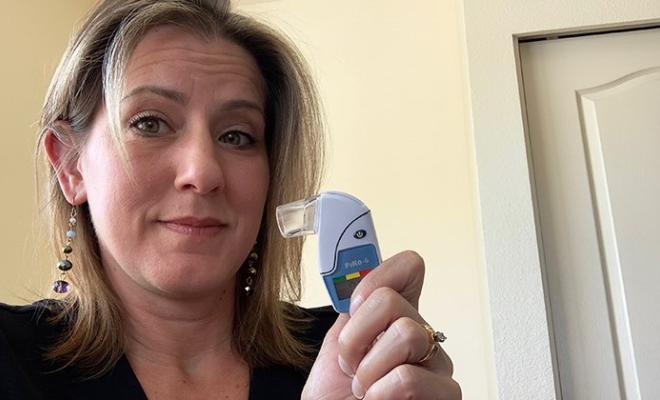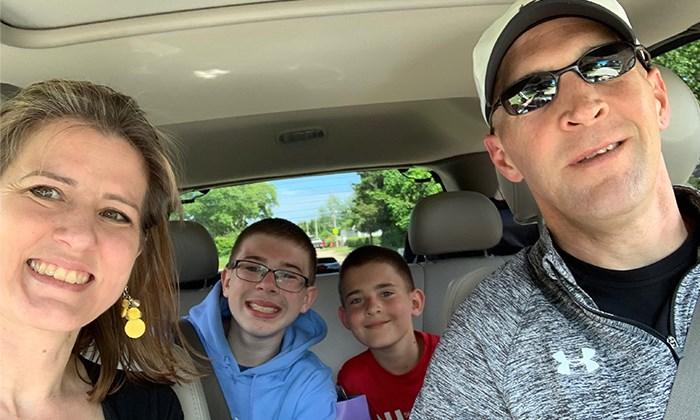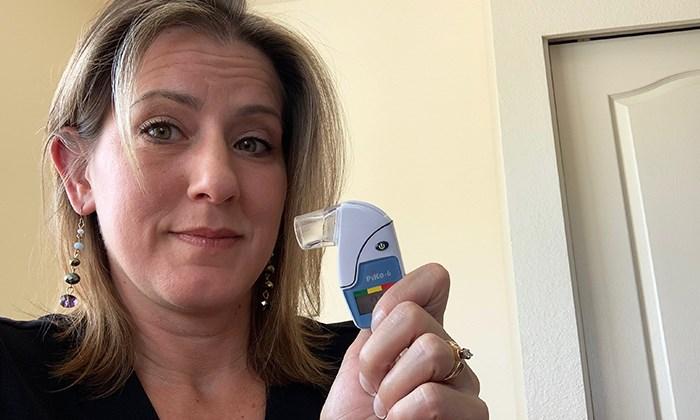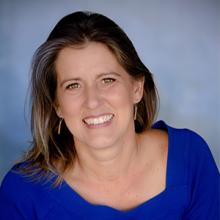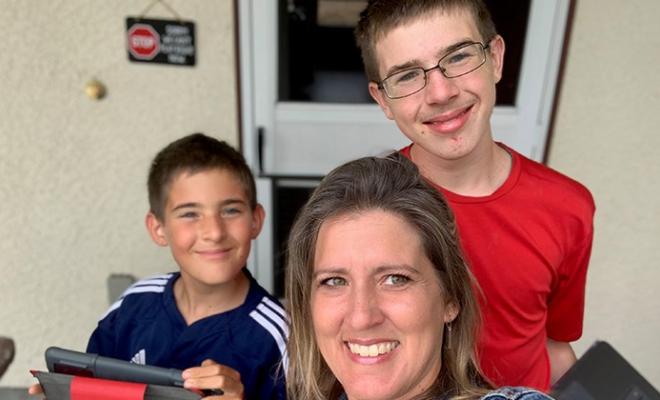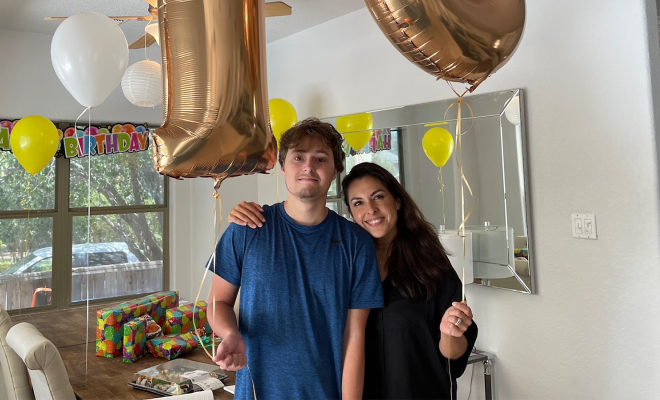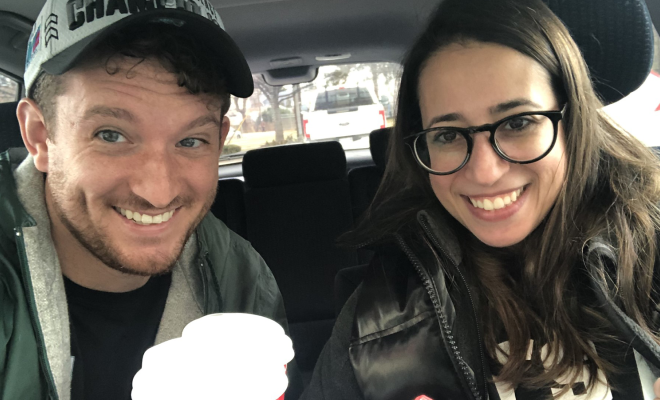Transitioning to a new cystic fibrosis center can be difficult. For me, this challenge has happened 11 times in the last 21 years. The ability to build a strong, longstanding connection with a CF team is not a luxury I possess. I have had to learn ways to advocate for care that is tailored to me, when the team I am relying on is not familiar with my long history. I have made the transitions less disruptive by building three main skills: confidence through knowledge, a starting position of trust, and the ability to narrow my focus.
My confidence comes from knowing my own history and knowing it well. I actually started working on this skill at about 8 years of age. Early on, I could recite my medications to the doctors at visits and articulate the changes in my symptoms (cough, sputum, etc.). Of course, my mother was there in the early days to back up my statements, but I was encouraged to be the one in control.
Even now, I do not sit idly by while a person from the medical team regurgitates what is printed in my chart. I actively listen and correct or agree to what is being said even if I am not being directly asked. I also have no problem asking questions that further advance my knowledge such as, “What is that used for?” or “Is this new symptom normal in this situation?”
Having a strong understanding of my care, history, baselines, and changes in symptoms has helped me explain my CF progression to new doctors down the line and aids me in understanding what is happening in my body.
But all the information in the world is useless if it can't be used effectively. I recognize the physicians and I possess very distinct expertise and the best care plan will utilize both perspectives. I may be the expert of my body, having lived with this disease for all my life, but the doctors are the experts in their fields, having gone through years of training to understand the science of it all.
In order for the doctor to trust my life-based experience and personal expertise, I need to trust their extensive education and clinical expertise. So, when a new treatment or plan is suggested by my new center, we can discuss it and come up with a plan for me to try. It may be very different from my current routine, but to work as a team, I will give it an honest try and trust their input. On the flip side, when I discuss situations unique to me, the physician will then trust my knowledge and use that background information as a starting point for their next line of thinking. We both are working toward the same goal of keeping me as healthy as possible, so a little trial and error is healthy.
Then there is the final piece that ties it all together -- taking a hard look at yourself and discovering what are truly your most important goals. I've learned how to stay focused on these priorities to not be overwhelmed by the onslaught of minute details. With health, mistakes will be made; there will be highs and lows, and adjustments will be needed over time. It's when I take a step back and refocus on only what is important that I find I am able to navigate all the uncertainty with less overall disruption to my life. For me, I focus on maintaining my health and not having CF dictate every aspect. So, I may have a drop in my pulmonary function test (PFT), or a lab result not turn out the way I expected, but by focusing on the overall trend I have a broader and more accurate understanding of where my health truly stands. When there is a change in baseline measurements, I do what I can to improve them, and if there is no change, I then look for ways to maintain the new norm.
I see setbacks and exacerbations as learning events, not as failures or a reason to stress. It's the overall goal I am focused on: living a full life as long as I can.
I know there will be some who disagree with my assessment. I am not trying to tell anyone that I have all the answers, because I don't. Even at 41 years old, I am still learning new things and adjusting to new standards. I do believe how you approach the transition to a new center is important. Be confident with your health assessment, trust in others' expertise, and most importantly stay laser-focused on what's most important to you.
Interested in sharing your story? The CF Community Blog wants to hear from you.

